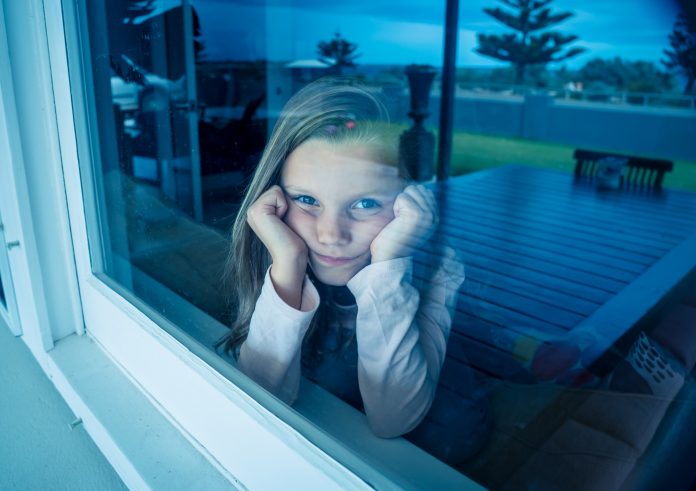Covid-19 related disruptions and stressors are likely to increase risk of depression, anxiety and behavioural problems in youth.
There are a number of things that parents, and guardians can do to help protect their kids’ mental health which includes incorporating more structure into their lives.
Additionally, less passive screen time, news consumption and scheduled sleep can promote resilience against mental health problems.
This is according to a new study published in the open-access journal PLOS ONE by Maya Rosen of Harvard University, US and colleagues.
The study
Researchers recruited participants from two ongoing longitudinal studies of children and adolescents in the greater Seattle area.
224 youth and their caregivers completed an initial questionnaire assessing social behaviours, psychopathology and pandemic-related stressors in April and May 2020; 184 of these youth and their caregivers completed a similar battery of assessments six months later.
The youth ranged from 7 to 15 years, and included a range of ethnicities and genders.
Early in the pandemic, those who spent less time on digital services, as well as those who consumed less than two hours of news per day had low externalising symptoms, while greater time spent in nature was marginally associated with lower internalising symptoms.
Getting the recommended amount of sleep and having a more structured daily routine during stay-at-home orders was associated with lower levels of externalising psychopathology six months later.
“Mental health problems increased dramatically among children and adolescents during the Covid-19 pandemic, particularly among those who experienced high levels of pandemic-related stressors including serious illness or death of a family member, significant financial loss and social isolation,” says the authors.
“A number of simple strategies families engaged in appeared to promote better mental health during the pandemic including having a structured daily routine, limiting passive screen time use, limiting exposure to news media about the pandemic, and to a lesser extent spending more time in nature, and getting the recommended amount of sleep.”








